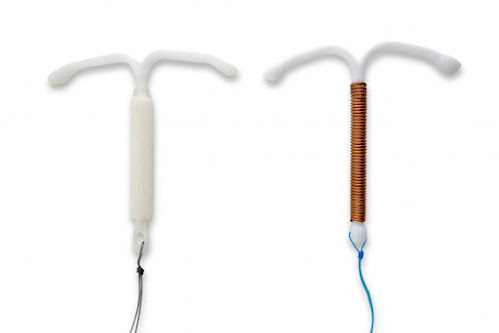Are There Any Risks Associated with FUE Hair Transplant in Islamabad?
Yes, like any medical procedure, FUE (Follicular Unit Extraction) hair transplant surgery carries certain risks. While it is generally considered safe and has a high success rate, patients in Islamabad or elsewhere need to be aware of potential risks and complications. Here are some of the risks associated with FUE hair transplant in Islamabad:
Infection: There is a risk of infection at the donor and recipient sites. This can be minimized by following proper post-operative care instructions and ensuring the procedure is performed in a sterile environment.
Bleeding: Some bleeding is normal during and after the procedure. Excessive bleeding, however, can be a concern and may require medical attention.
Swelling: Swelling of the scalp, forehead, and around the eyes can occur after the procedure. This is usually temporary and resolves within a few days.
Pain and Discomfort: Some pain and discomfort are expected post-surgery. Pain medications can help manage this, but severe or prolonged pain should be reported to the surgeon.
Scarring: While FUE is known for minimal scarring, small dot-like scars can still occur at the extraction sites. These scars are usually not noticeable unless the hair is cut very short.
Folliculitis: Inflammation of the hair follicles, known as folliculitis, can occur after the procedure. This is usually temporary and can be treated with antibiotics or anti-inflammatory medications.
Shock Loss: Temporary loss of existing hair, known as shock loss, can occur in the donor or recipient areas. This hair usually regrows within a few months.
Uneven Growth: There is a possibility of uneven hair growth, where some transplanted hair may grow slower or in different directions than others. Additional treatments or touch-ups may be needed to address this.
Numbness: Temporary numbness or lack of sensation in the treated areas can occur due to nerve damage during the procedure. This usually resolves over time but can be permanent in rare cases.
Unsatisfactory Results: There is always a risk that the results may not meet the patient's expectations. This can be due to factors such as poor graft survival, improper placement, or unrealistic expectations.
Mitigating Risks:
To minimize these risks, it is important to:
- Choose a Qualified Surgeon: Ensure that the procedure is performed by a certified and experienced Hair Transplant surgeon.
- Follow Pre- and Post-Operative Instructions: Adhere to the guidelines provided by the clinic to prepare for the surgery and care for the scalp afterward.
- Maintain Good Hygiene: Keep the surgical area clean to prevent infection.
- Avoid Strenuous Activities: Refrain from heavy physical activities and exercise for the recommended period after surgery.
Conclusion!
While FUE hair transplant surgery in Islamabad is generally safe and effective, it is essential to be aware of and understand the potential risks. By choosing a reputable clinic and following all medical advice, patients can greatly reduce these risks and improve their chances of a successful outcome.



Comments
Post a Comment